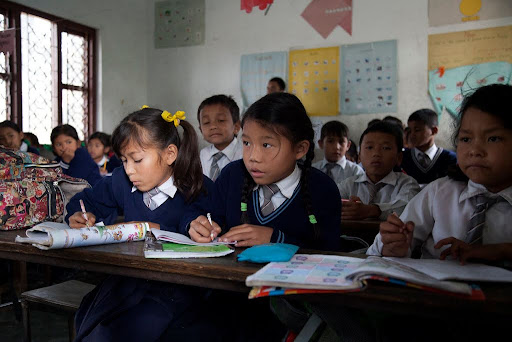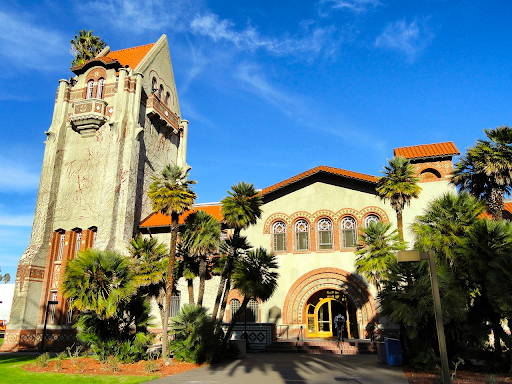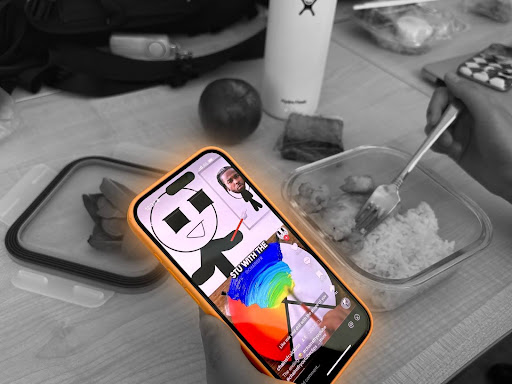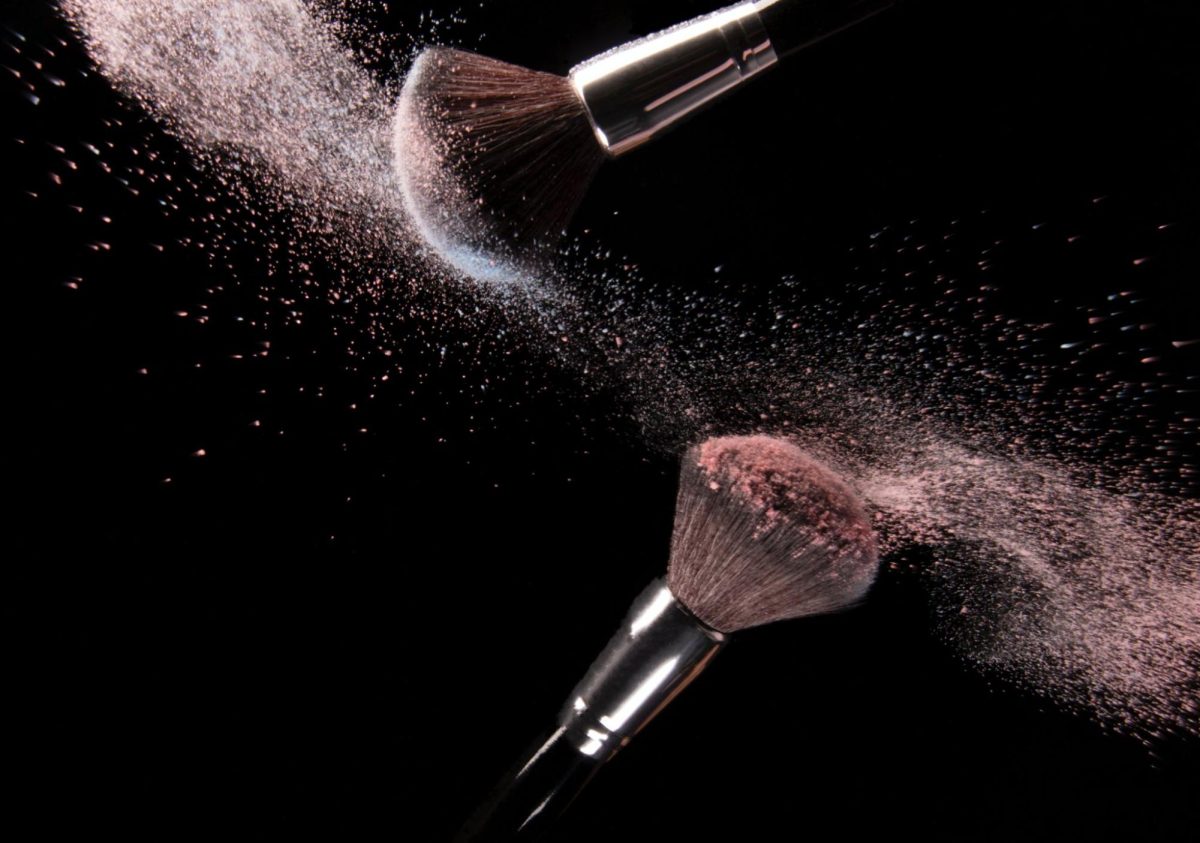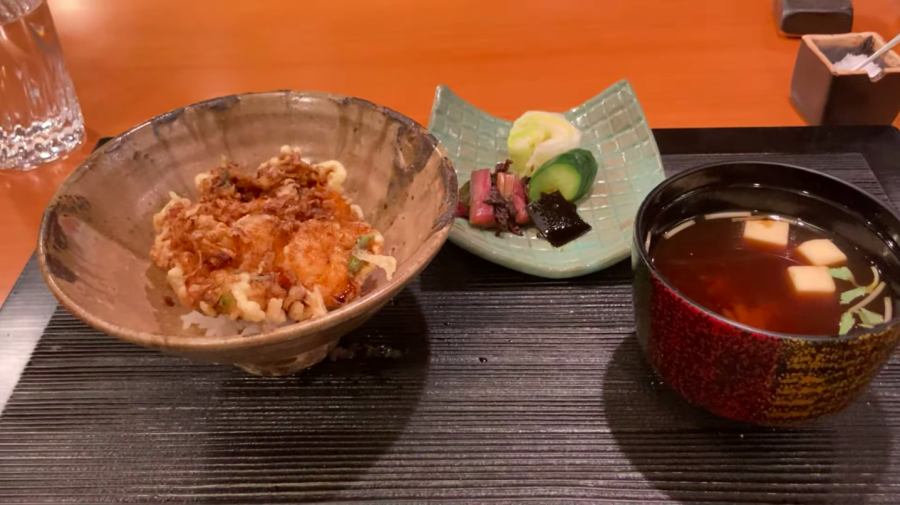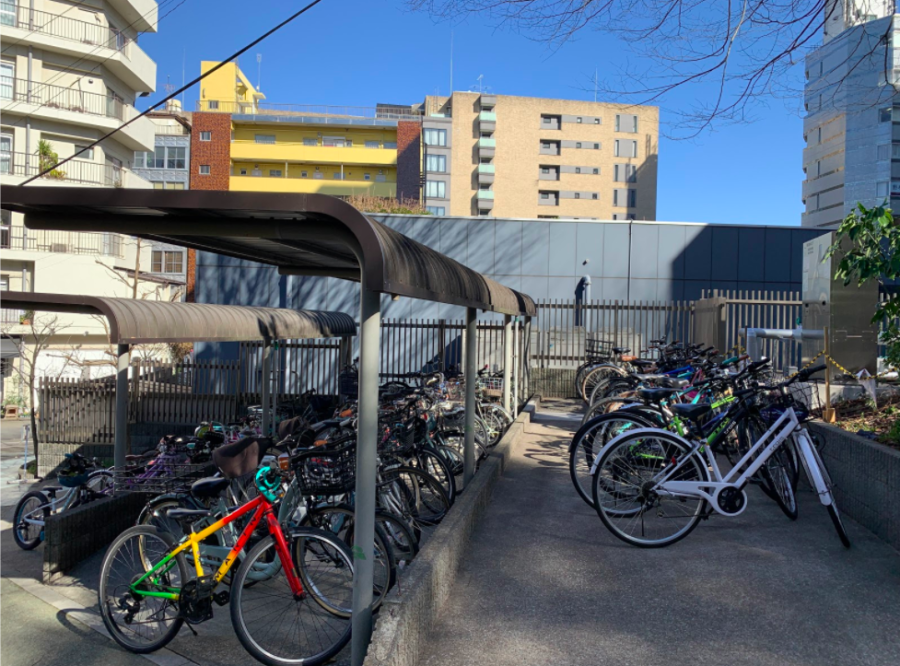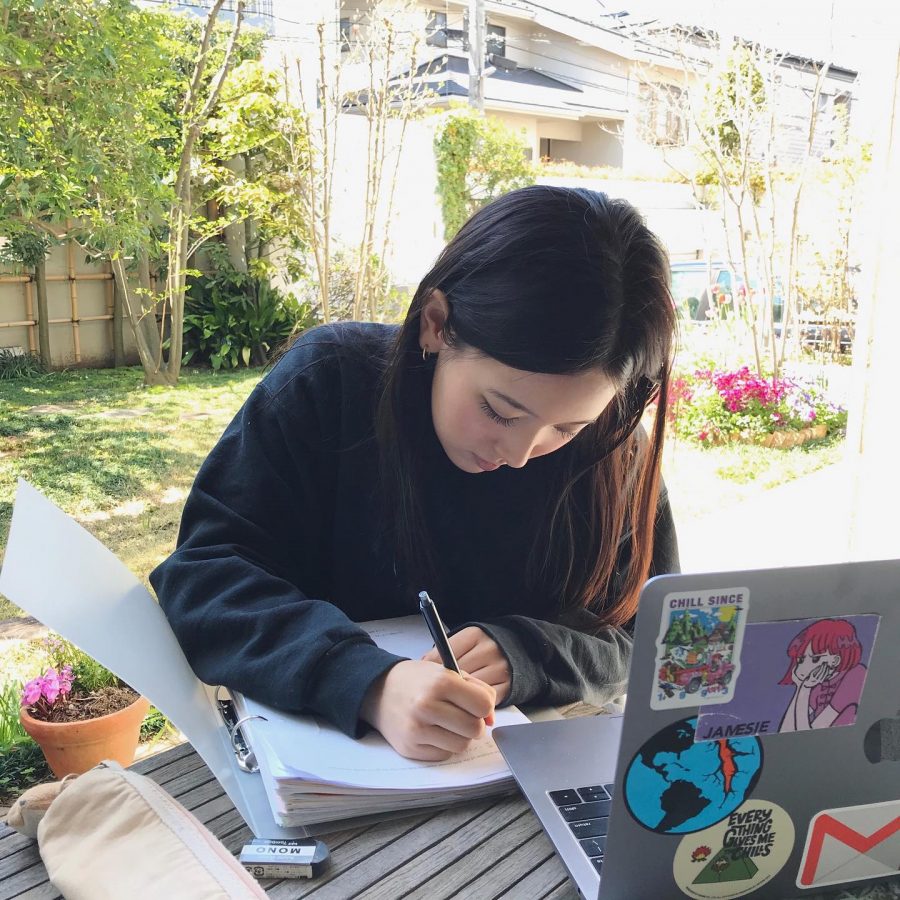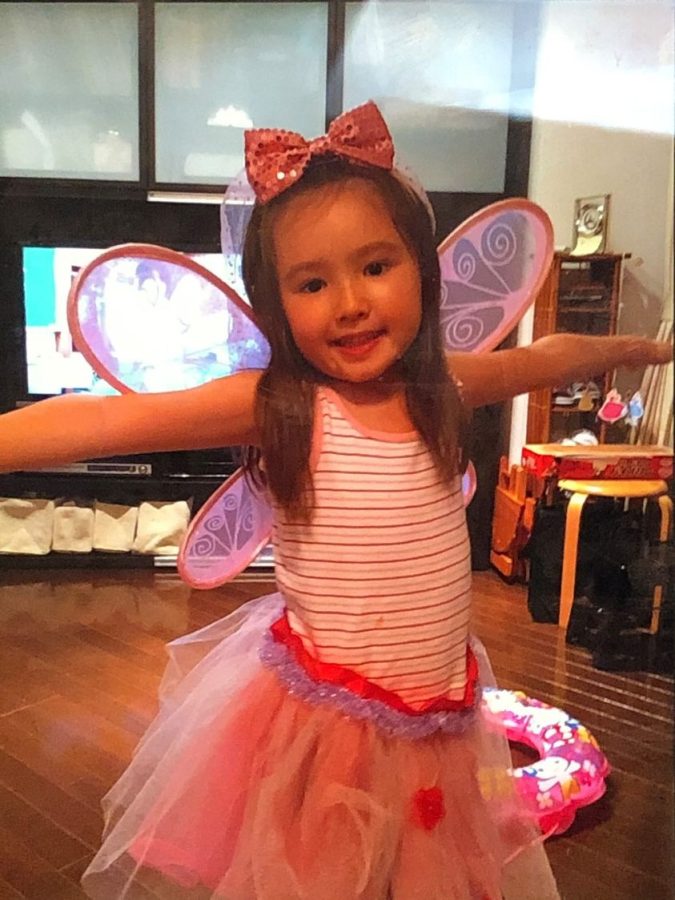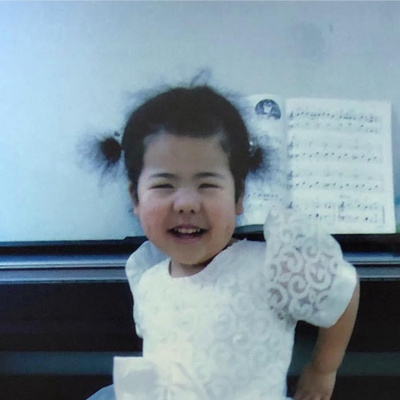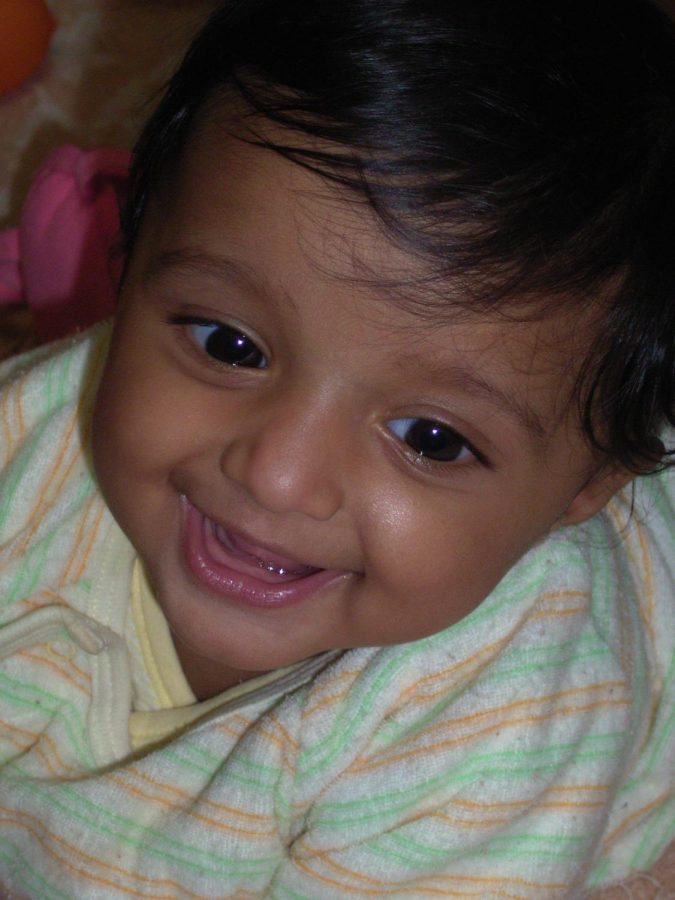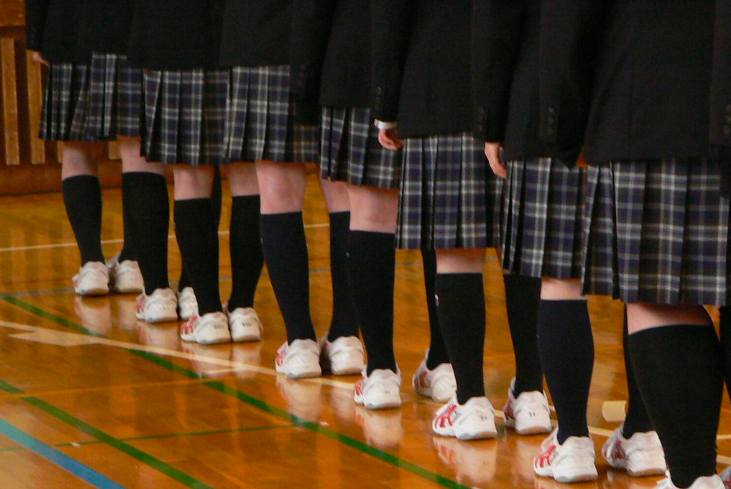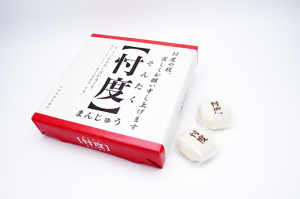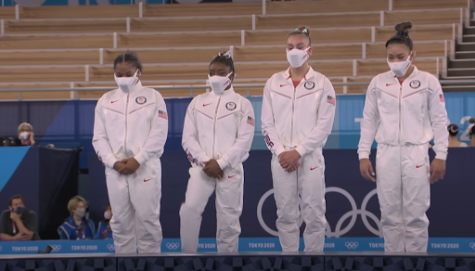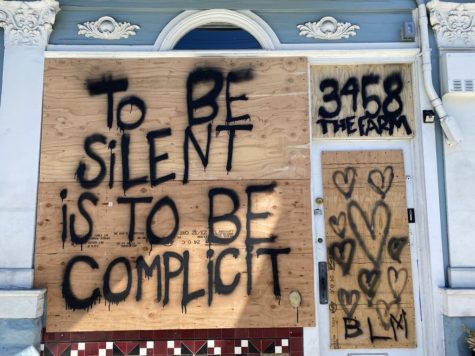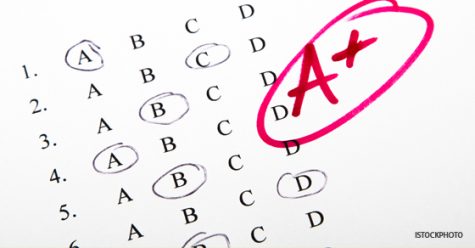Conformity in Japanese society
Courtesy of Beckywithasmile. Photo via Flickr: CC licensed.
Many educational institutions in Japan provide detailed manuals containing specific guidelines for the color and length of blouses, skirts, socks, and pants as well as hairstyles and personal accessories.
April 4, 2019
In late October of 2017, an article about an 18-year-old Japanese high school girl who sued the Osaka Prefectural Government after her high school repeatedly forced her to dye her naturally brown hair, black, was published by the Guardian. According to the article, the student—instructed by multiple teachers to “dye her hair black or face expulsion”—was forced to dye her hair every one to two weeks, consequently damaging her hair and scalp. Her high school, Kaifukan High School, has strict policies banning students from dying, perming, and bleaching their hair, and according to Sankei Shimbun, a daily Japanese newspaper, even requests that foreign exchange students with naturally blonde hair conform and dye their hair black. As reported by the Japan Times, in another school, Nicola, a Brazilian student with wavy brown hair, was instructed “to straighten and dye it black…once a week”, again, damaging her hair.
Most Japanese high schools are very structured and hold the almost polar opposite of a laissez-faire approach towards student behavior. Countless schools across the nation still hold up senseless policies widely known as “Black School Regulations” or “Burakku Kousoku”—”Black” indicating the unjust nature of these regulations rather than the color the students are forced to dye their hair. A survey published by Asahi Shimbun, one of Japan’s leading newspaper companies, reports that 57% of public high schools in Tokyo require students to prove their hair color is natural—usually done by asking parents to provide pictures of the student as an infant. It is not merely the students’ hair color that is closely monitored, but their appearance and behavior as a whole. Dag Leonardsen, a professor of sociology at Lillehammer University College in Norway, claims that many educational institutions provide their students with detailed manuals containing “clear-cut sets of rules on how students are expected to behave.” American sociologist, Richard Arum, and University professor, Karly Ford, adds that specific guidelines for the color and length of blouses, skirts, socks, and pants as well as hairstyles and personal accessories are also established. Unlike most Western countries who emphasize individualism and personal identity, Japanese society gives priority to the group over the individual and encourages following the status quo.
Harry Triandis, a former psychology professor at the University of Illinois, writes in his book “Individualism and Collectivism” that countries with “loose” cultures—where deviances from social norms are more tolerated—have higher crime rates compared to countries with “tight” cultures. This is evident when comparing the U.S., a country with a “loose” culture, to Japan, a country with a “tight culture”. Not only are the homicide rates in the U.S. 9.1 times higher than those in Japan, but rates of violent crime, vehicle theft and incarceration in the U.S are a whopping 361, 22, and 11 times that of Japan, respectively.
However, conformist cultures have disadvantages as well. As Triandis claims, they hurt the self-esteem of young developing children, and shape them into “compliant, rather than innovative” adults. Children raised in collectivist cultures have also been shown to be less tolerant of others’ differences and more likely to exclude others. A study conducted by Melanie Killen, David S. Crystal, and Hirozumi Watanabe, professors at the University of Maryland, University College London, and Tokyo University respectively, report that children from Japan are less “willing…to include someone who [is] different from themselves.”
While Japanese students complain amongst themselves about the stringent policies of their schools, many do not speak up, and choose to comply instead. Although this behavior may partly be due to the fact that students do not want to hurt their university admission chances by provoking their teachers with dress code violations, it also has to do with Japan’s conformist culture.
So Japanese Parents: If a policy seems senseless, appeal for a change. Join a Parent-Teacher Association or a group independent from the school and, with the right amount of pressure, help bend or put an end to these rules.
And Japanese Students: Share your experiences. Following the news of the 18-year-old girl who sued the Osaka Prefectural Government, countless other students came forth with similar experiences of being forced to abide by these inane black school regulations. Pantene Japan even carried on to create an advertisement directly questioning black school regulations, and Japan’s conformist culture.
Although there are advantages to conformism and to considering the group’s welfare over that of the individual, societal norms and authorities should not be blindly and unquestionably followed. Not all rules do our society good and it is our right to question the ones we come across.

